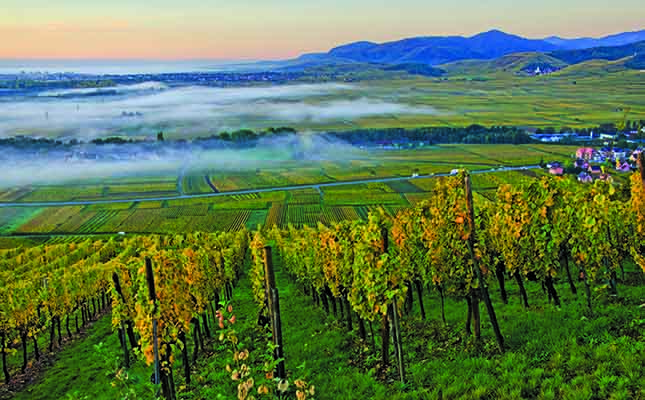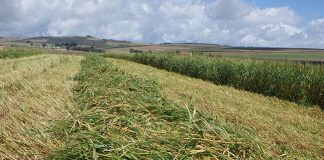
Photo: FW Archive
Although the South African wine industry resumed the domestic sale of liquor products for off-premise consumption by licensed vendors on Monday, the industry is still not out of the woods.
According to Kobus Basson, managing director and owner of Kleine Zalze Wines, most of the local wine industry’s producers were smaller operators. These producers usually performed better on the local market and in the on-premise wine trade segment, as they did not necessarily have the volumes to export their products.
“Bigger producers will hopefully survive thanks to their exports, but a [serious] challenge awaits smaller producers, who bank on on-premise trade.”
Basson told Farmer’s Weekly that he was skeptical about whether the on-trade segment would even reach 50% of what it was prior to the coronavirus disease (COVID-19) pandemic within the next two years.
“People are no longer traveling like before the COVID-19 crisis. Hotels and restaurants will not be so full again. It’s almost a permanent shift that’s going to [take place] in that segment. The industry will have to start making adjustments.”
He added that the segment had faced numerous other challenges over the past five years. “People are already drinking less because of stricter national liquor laws, and we’ve already seen a big drop in the segment, which is actually the more profitable segment of the market.”
According to Basson, 50% to 80% of wine farms in the Stellenbosch area offered accommodation, a restaurant, or tasting room as part of their facilities.
He said that the estate would be very careful when it came to opening its tasting room and restaurant, especially due to concerns about the safety of their own employees. Basson said, the focus would instead be on having “an excellent” online purchasing system, as a boom in online wine shopping had been witnessed over the past week.
Jantjie Jonker, owner of the Jakkelsvlei wine farm, said the industry was still facing challenging times, despite the recent easing of lockdown regulations. About 50% of the farm’s wine was sold on the farm via the restaurant and tasting room.
“Due to lockdown regulations, we have already lost a lot of sales during the March school holidays and all the long weekends in April. December is one of our busiest times and our restaurant can accommodate about 1 000 to 1 500 people a day. If the government tells us that no more than 50 people are allowed in our restaurant and we can serve the people three times a day, it is 150 people who can visit the restaurant per day; that’s a 70% decrease in visitors.”
He added that many cellars would want to “get rid of their 2019 white wines” to make way for the 2020 vintage.
“Everyone is going to offer discounts of as much as 30%, as well as free courier services. As a result, the wine industry is shooting itself in the foot, but everyone is going to do it because everyone wants to sell their wines, keep their clients, and possibly recruit new clients.”











